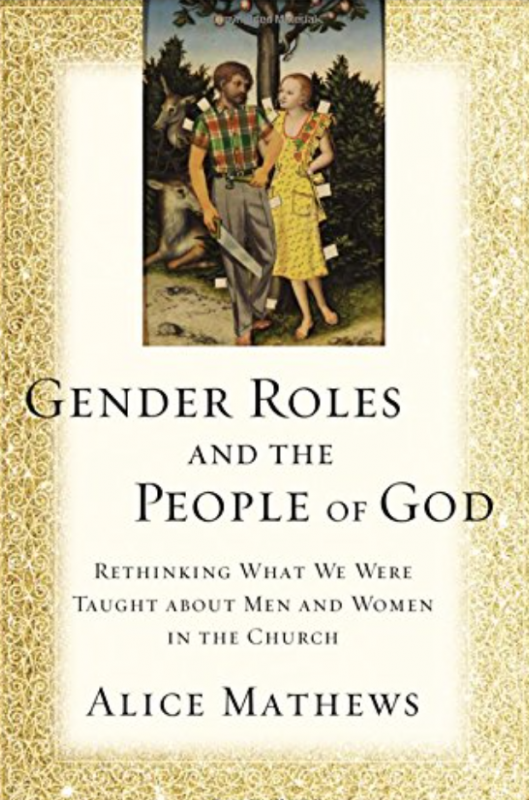“In Jesus’ actions in Scripture, there is not a single case in which a woman is put down, reproached, humiliated, or cast into one of the lewd stereotypes of his time.”
These are the written words of Alice Matthews, the Lois W. Bennett Distinguished Professor Emerita and former academic dean at Gordon-Conwell Theological Seminary. Zondervan has just published her new book, “Gender Roles and the People of God: Rethinking What We Were Taught About Men and Women in the Church.”

Going through the Bible, Matthews examines how women were treated by Jesus. In an excerpt recently published in Christianity Today, Matthews uses several examples: How Jesus in John 4 “deliberately planned his journey in order to encounter a despised woman in Samaria. He shocked the woman at the town well by speaking to her and then by actually drinking water from her cup. When his followers returned from town with some food, they were astonished that he would talk to such a person…Jesus empowered a despised woman to become a vehicle for evangelizing that community.”
Or how “Jesus encouraged Mary of Bethany to take the role of a disciple, he revealed a lot about his view of women: They are intelligent persons who can understand his teachings as well as men can.”
Or how Mary Magdalene was “the apostle to the apostles.”
“Even more shocking in his day was Jesus’ willingness to redeem prostitutes. Luke narrates a dinner party held by Simon the Pharisee. While they were at the table eating, a woman of the streets came to Simon’s house, found where Jesus reclined at the dinner table, came up behind him, and began to pour perfume on his feet (Luke 7:37–38)…The Pharisees watching the prostitute anoint Jesus saw only a fallen, unredeemable woman; Jesus saw only a repentant sinner whose sins he forgave.”
Matthews contrasts this to the men in the Bible:
“As we look at these and other women in the Gospels, we note that they are presented positively. No woman is shown resisting his initiative, failing to believe, deserting him, or betraying him. This is in sharp contrast to the way John presented men in his gospel. Among even the Twelve there were evidences of hypocrisy (John 12:4–5), vanity (13:37), fickleness (13:38; 16:31–32), obtuseness (3:10; 16:18), deliberate unbelief (9:24–25), and thorough evil (13:2, 27–30).”
Matthews concludes:
“Unlike other men, Jesus spoke freely to women in public. He taught theology to women. He had women as disciples or followers. He was clear that women would be active participants in the work of his kingdom. As we watch Jesus move through the Gospels, we see him take a firmly countercultural stand on many issues because his mission was to oppose all that violated the will of God. Again and again, we see him base his definition of persons and his directives for male/female relationships in God’s creational purposes in Genesis 1 and 2.”
Thank you for supporting MRCTV! As a tax-deductible, charitable organization, we rely on the support of our readers to keep us running! Keep MRCTV going with your gift here!
